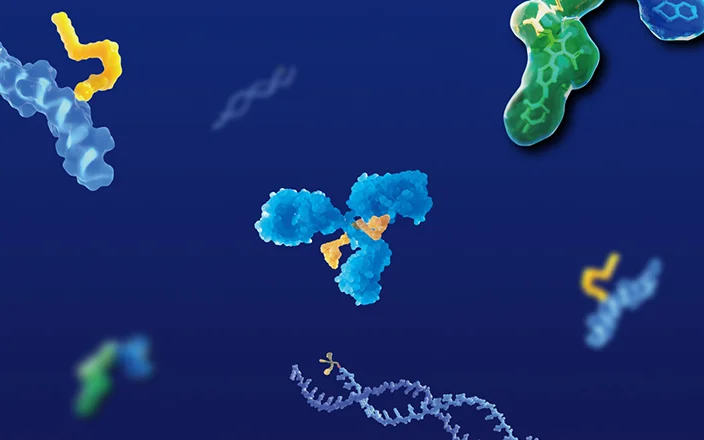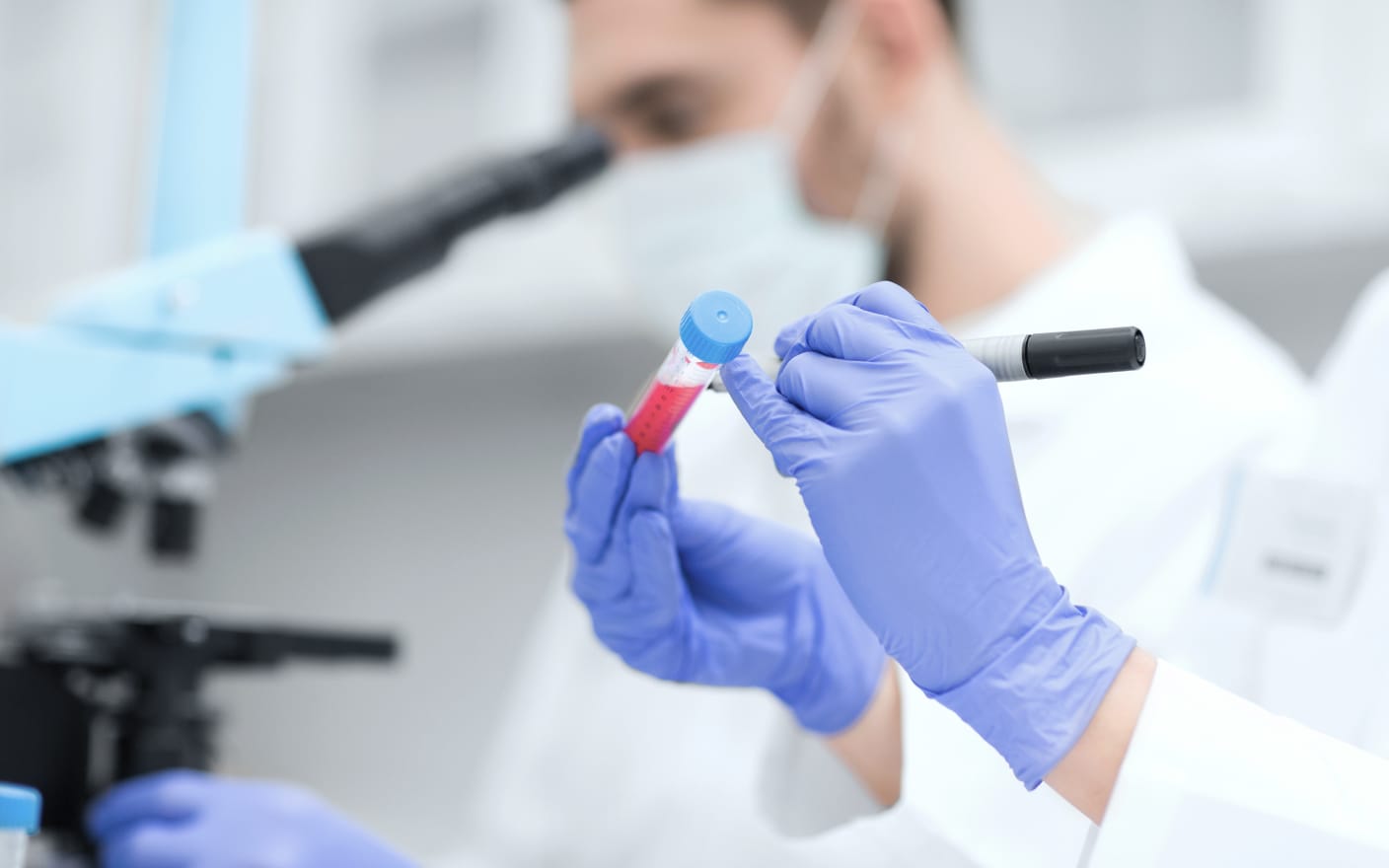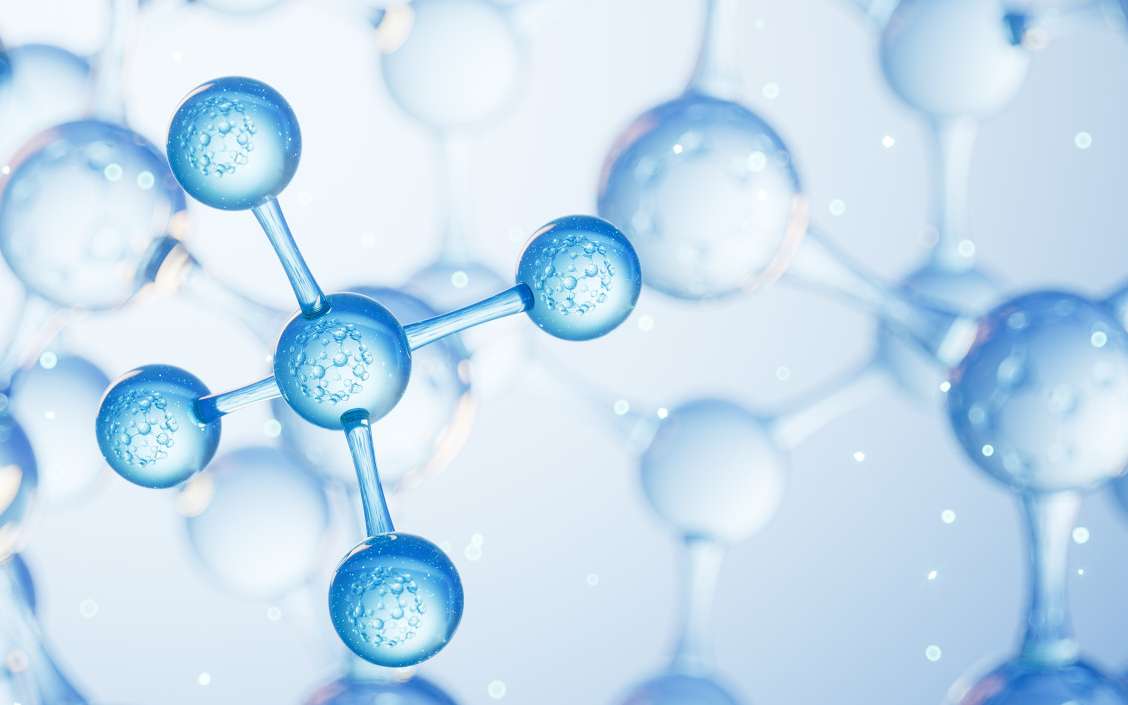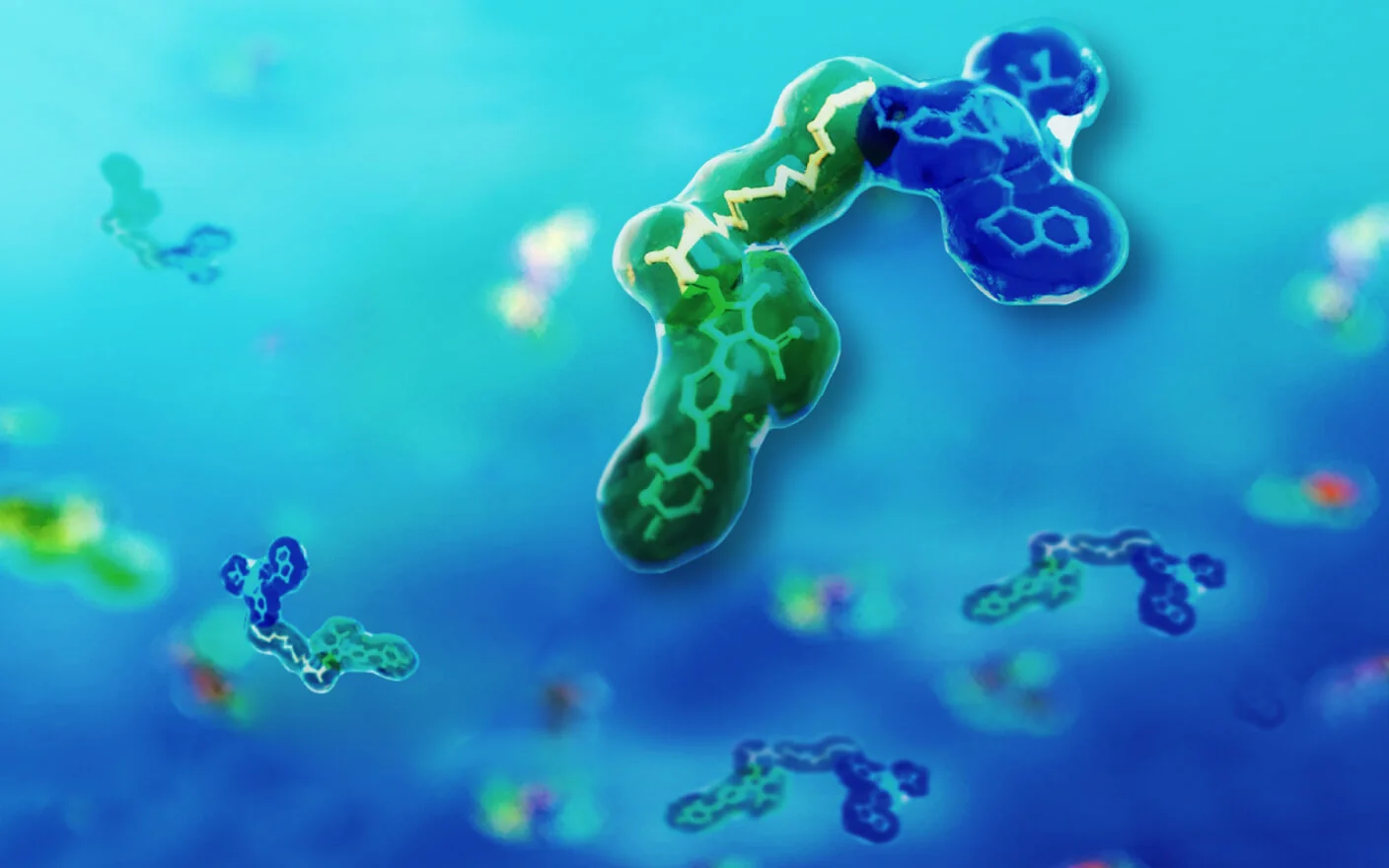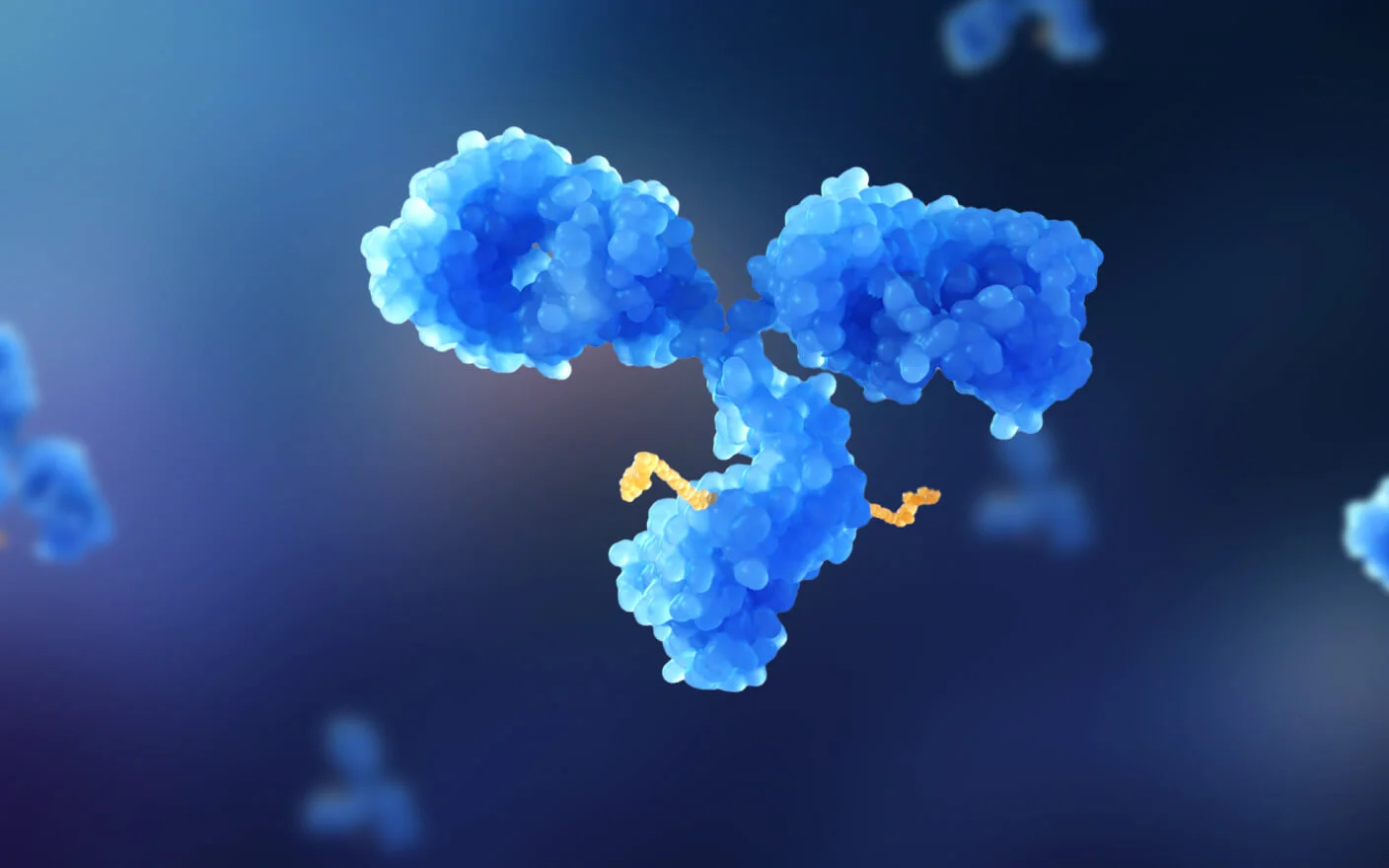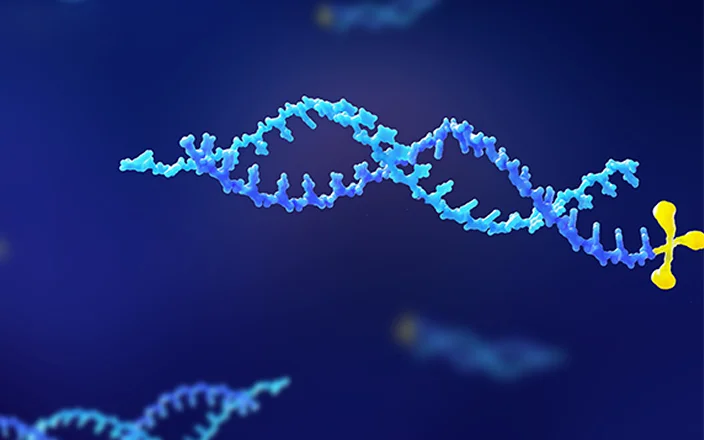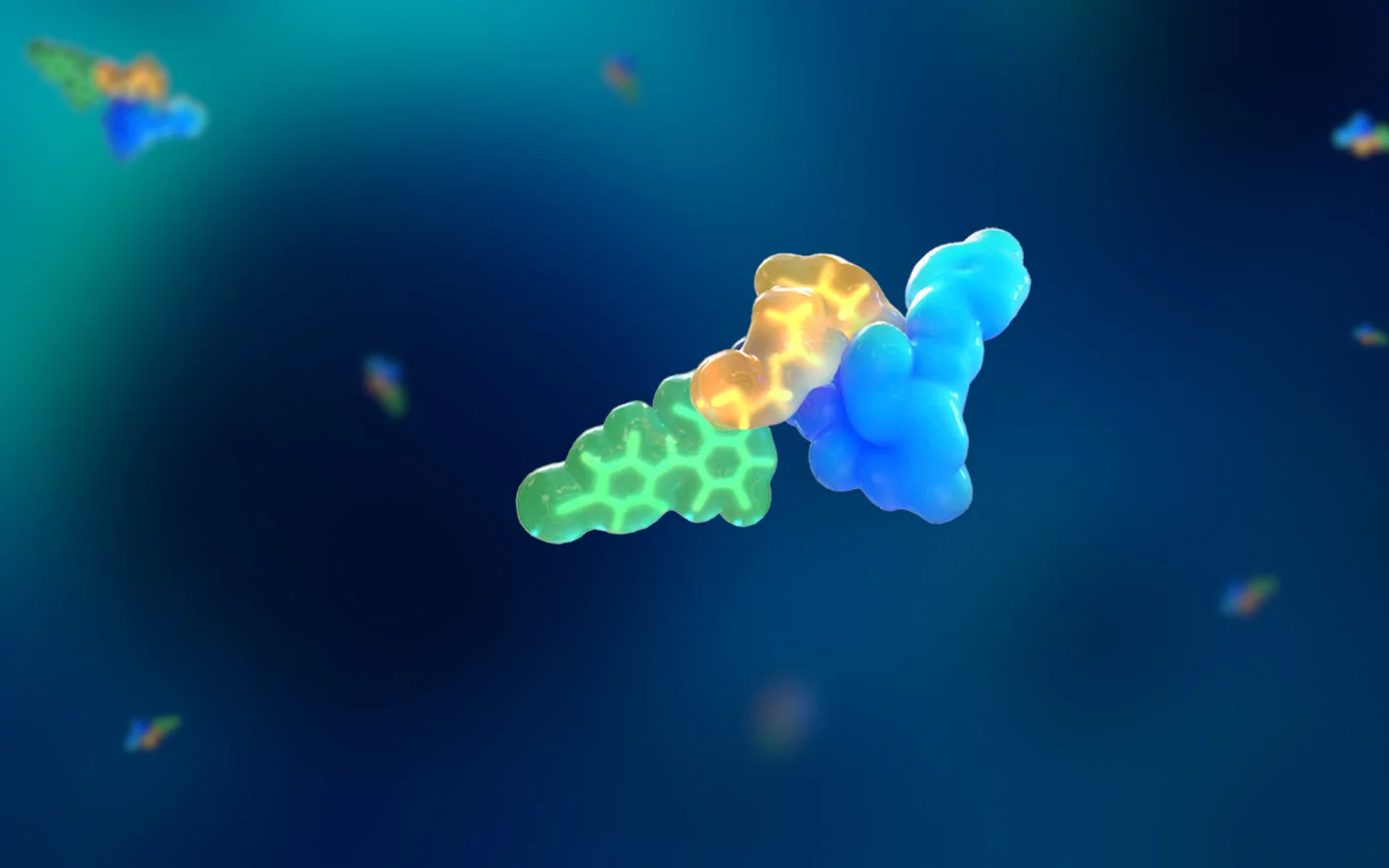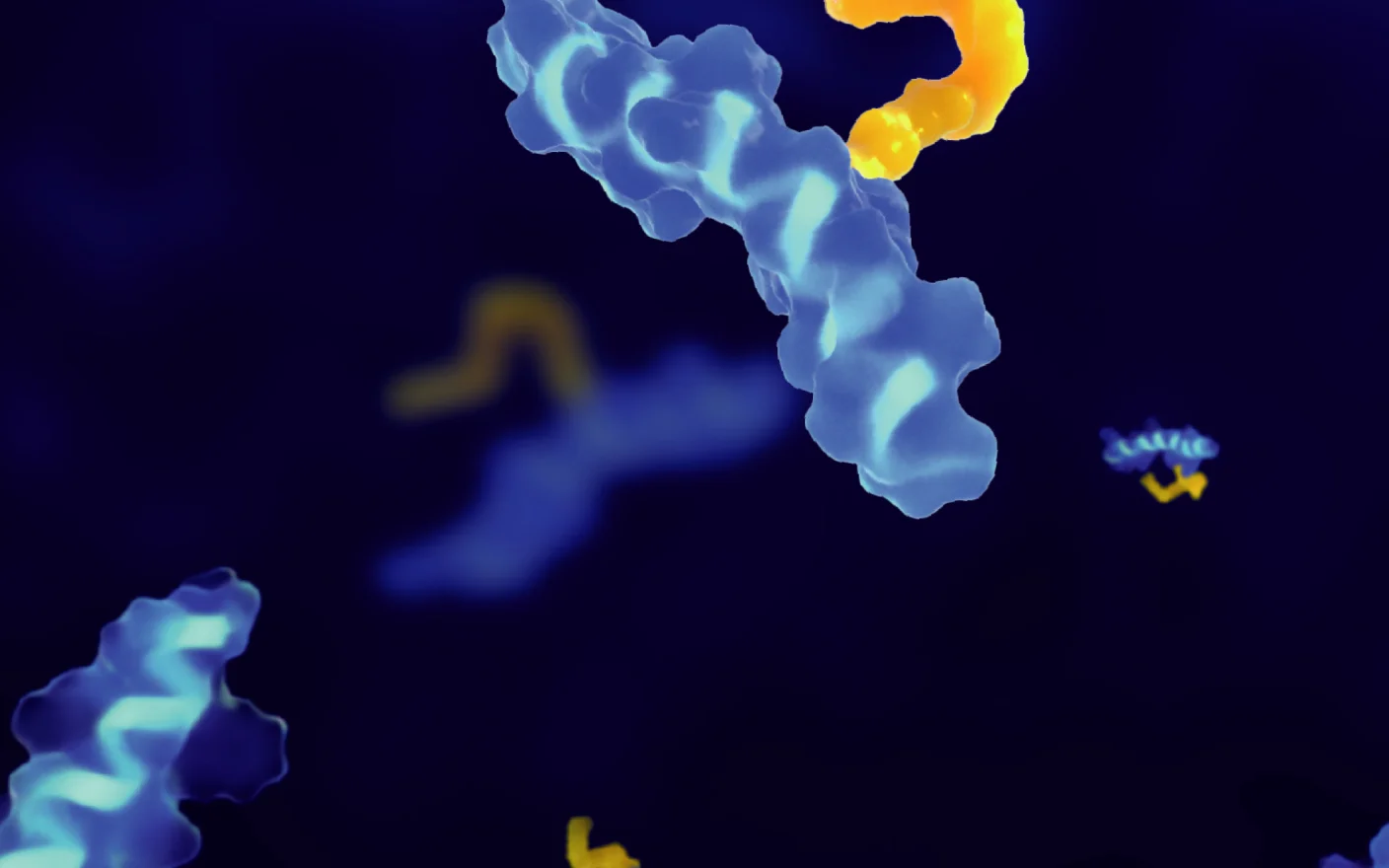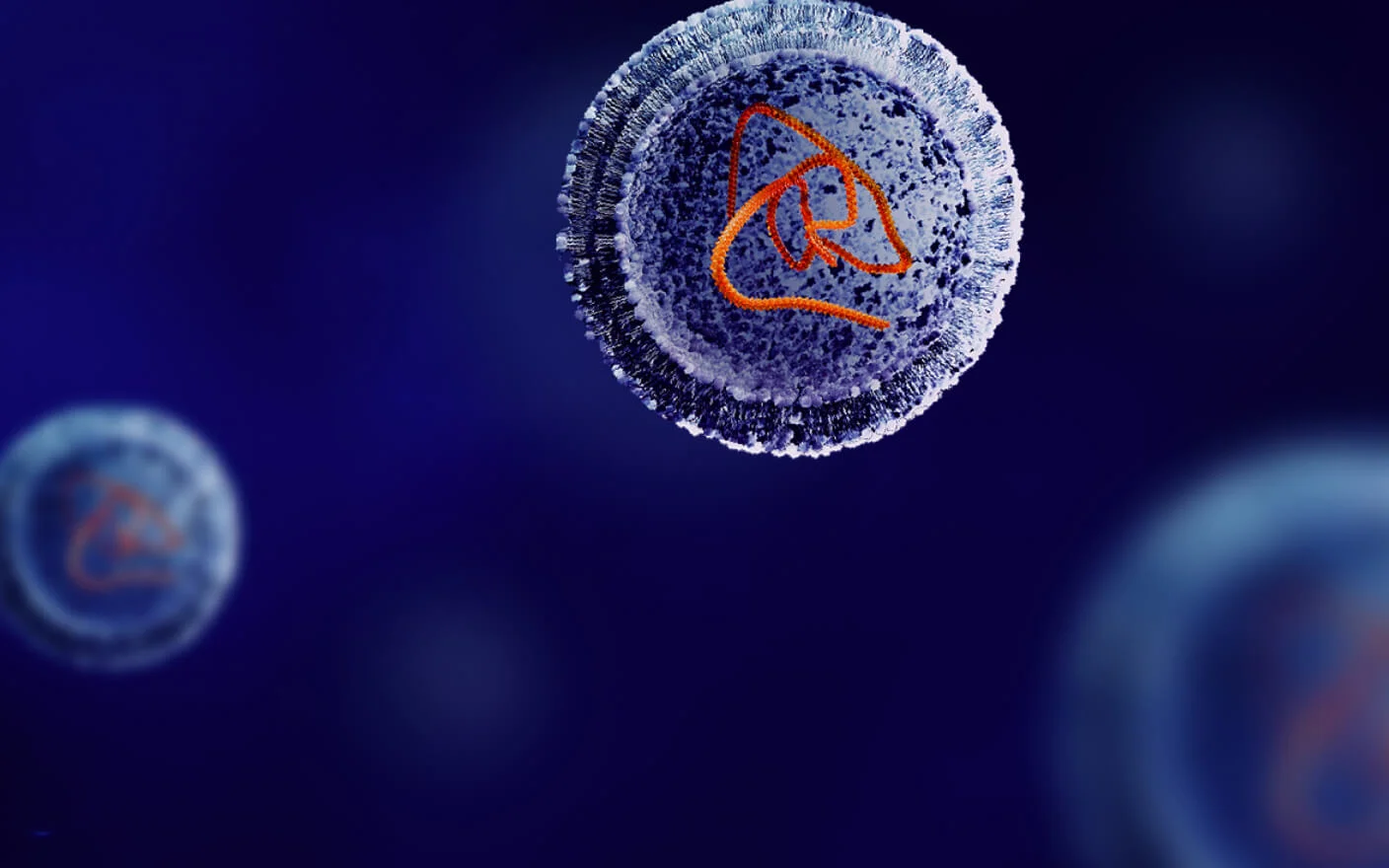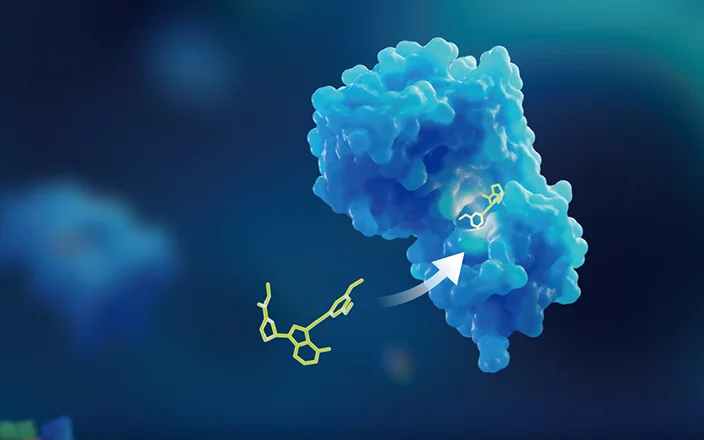◢ Drug Metab Dispos. 2023 May;51(5):591-598. doi: 10.1124/dmd.122.001135. Epub 2023 Jan 27.
Tingting Cai 1, Liqi Shi 1, Huihui Guo 1, Ruixing Li 1, Weiqun Cao 1, Liang Shen 1, Mingshe Zhu 2, Yi Tao 2
Drug Metabolism and Pharmacokinetic Services, WuXi AppTec, Nanjing, Jiangsu, China (T.C.); Drug Metabolism and Pharmacokinetic Services, WuXi AppTec, Shanghai, China (L.S., R.L., W.C., L.S., Y.T.); Hangzhou DAC Biotechnology Co., Ltd., Hangzhou, China (H.G.); and MassDefect Technologies, Princeton, New Jersey (M.Z.)
Abstract
The formation and accumulation of payload-containing catabolites (PCCs) from a noncleavable antibody-drug conjugate (ADC) in targeted and normal tissues are directly associated with the therapeutic effect and toxicity of the ADC, respectively. Understanding the PCC formation is important for supporting the payload design and facilitating preclinical evaluation of ADCs. However, detection and identification of PCCs of a noncleavable ADC are challenging due to their low concentrations and unknown structures. The main objective of this study was to develop and apply a generic liquid chromatography-high-resolution mass spectrometry (LC-HRMS) method for profiling PCCs in vitro. Noncleavable ADCs, ado-trastuzumab emtansine (T-DM1) and ADC-1, were incubated in liver lysosomes, liver S9, and/or cancer cells followed by data acquisition using LC-HRMS. Profiling PCCs mainly relied on processing LC-HRMS datasets using untargeted precise and thorough background subtraction (PATBS) processing and targeted product ion filtering (PIF). As a result, 12 PCCs of T-DM1 were detected and structurally characterized in human liver lysosomal incubation, a majority of which consisted of 4-[N-maleimidomethyl]cyclohexane-1-carboxylate (MCC)-DM1 and a few amino acids. Additionally, the incubation of ADC-1 in human, rat, and monkey liver S9 and cancer cells generated one major and three very minor PCCs, verifying the payload design. The results demonstrate that PATBS enabled the comprehensive profiling of PCCs regardless of their molecular weights, charge states, and fragmentations. As a complementary tool, PIF detected specific PCCs with superior sensitivity. The combination of the in vitro metabolism systems and the LC-HRMS method is a useful approach to profiling in vitro PCCs of noncleavable ADCs in support of drug discovery programs. SIGNIFICANCE STATEMENT: Profiling in vitro payload-containing catabolites (PCCs) of a noncleavable antibody-drug conjugate (ADC) is important for optimization of the payload design and preclinical evaluation of ADC. However, currently used analytical approaches often fail to quickly provide reliable PCC profiling results. The work introduces a new liquid chromatography high resolution mass spectrometry method for comprehensive and rapid detection and characterization of PCCs released from a noncleavable ADC in liver lysosomes and S9 incubations.
Related Services and Platforms




-

 MetID (Metabolite Profiling and Identification)Learn More
MetID (Metabolite Profiling and Identification)Learn More -

 Novel Drug Modalities DMPK Enabling PlatformsLearn More
Novel Drug Modalities DMPK Enabling PlatformsLearn More -

 In Vitro MetID (Metabolite Profiling and Identification)Learn More
In Vitro MetID (Metabolite Profiling and Identification)Learn More -

 In Vivo MetID (Metabolite Profiling and Identification)Learn More
In Vivo MetID (Metabolite Profiling and Identification)Learn More -

 Metabolite Biosynthesis and Structural CharacterizationLearn More
Metabolite Biosynthesis and Structural CharacterizationLearn More -

 Metabolites in Safety Testing (MIST)Learn More
Metabolites in Safety Testing (MIST)Learn More -

 PROTAC DMPK ServicesLearn More
PROTAC DMPK ServicesLearn More -

 ADC DMPK ServicesLearn More
ADC DMPK ServicesLearn More -

 Oligo DMPK ServicesLearn More
Oligo DMPK ServicesLearn More -

 PDC DMPK ServicesLearn More
PDC DMPK ServicesLearn More -

 Peptide DMPK ServicesLearn More
Peptide DMPK ServicesLearn More -

 mRNA DMPK ServicesLearn More
mRNA DMPK ServicesLearn More -

 Covalent Drugs DMPK ServicesLearn More
Covalent Drugs DMPK ServicesLearn More
Stay Connected
Keep up with the latest news and insights.




